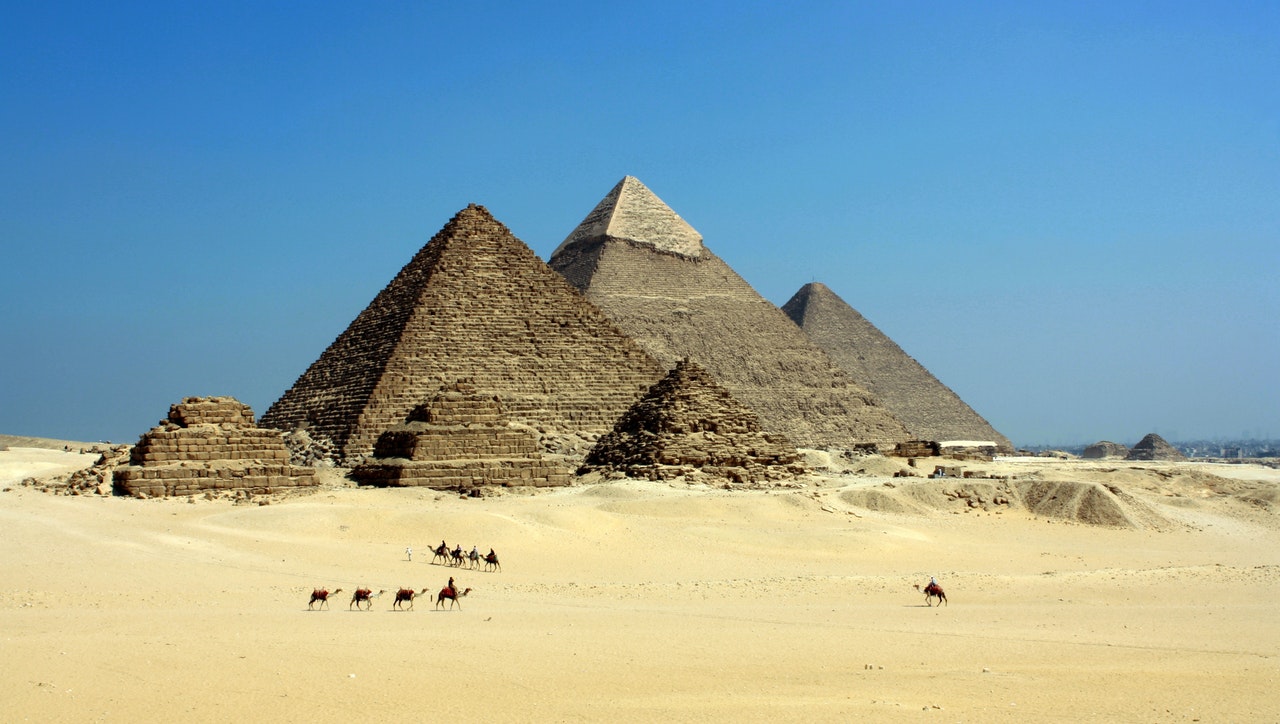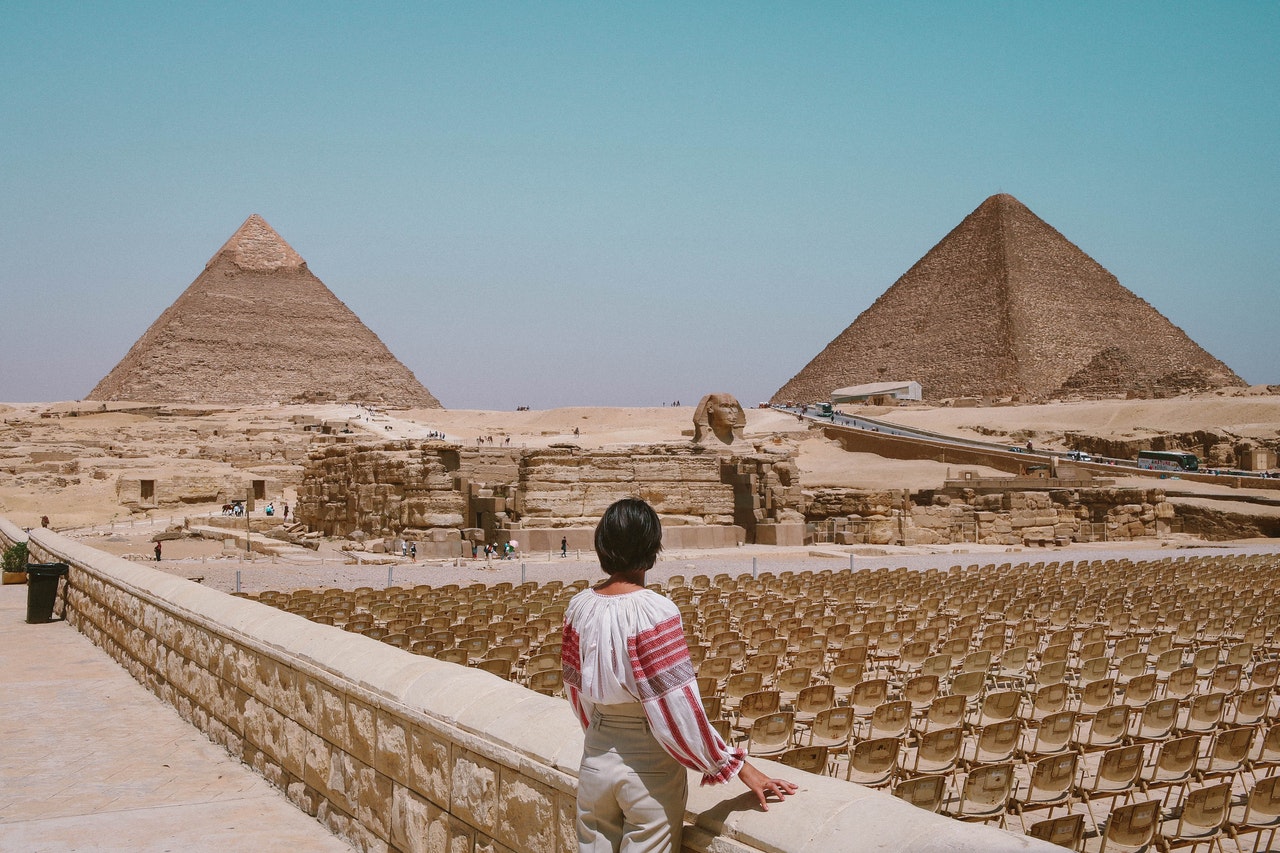Egypt is home to one of the world’s earliest and greatest civilizations. It has given us math and science and art. The population of the country is close to a whopping 99 million today making it the 29th largest country in the world!
Being the third most populous nation in Africa, and the most populous amongst the Arab states, Egyptian culture is a world of its own. So, what else do you know about Egypt? There’s a lot that we don’t!
Most of us have just been introduced to the Egyptian culture of the infamous pyramids and tombs, and we believe that’s as far as it goes. But there’s so much more to Egypt than just that. Up next we’re going to tell you about what you don’t know.

What Are the Interesting Facts About Egypt?
The world beyond the Nile has been left with a lasting mark due to Egypt’s storied existence – that’s a fact!
So, let us not waste any more time and get right into things you might not know about the country.
Egypt Is One of the Driest Places on Earth
Did you know that most of Egypt is covered by desert! And by most of we mean 90 percent of it. So, the fact should be somewhat expected that Egypt is in desperate need of water and has to depend on the Nile River for a consistent supply
Plot Twist – Egypt Was Not Always a Desert
The result of the last Ice Age’s end was that the country’s temperature began to rise gradually. Before that Egypt was quite green with plenty of lakes! The country’s climate took only a few centuries to turn completely dry and hence, into a desert.
Egypt Has About Two Seasons in Itself
Egypt does have a winter season. Surprising to hear, right? Just because it’s a desert, that doesn’t mean Egypt can’t enjoy winters!
Storms contribute to the cold winds in the Mediterranean and these winds drift through Egypt. Egyptians get a reprieve from the hot climate from November to April typically.
King Menes May be Fiction
This may sound a bit unsettling, but the legendary ruler King Menes might not be real. There are no official records or historical evidence of his reign!
Historians have now started to believe that King Menes could just have been a fictional character that the people of Egypt formed to portray an impressive ruler for their times.
Slaves Weren’t the Ones Who Built the Pyramids
No matter how much you believe in the Biblical legend, it was not the slaves who constructed the pyramids. There were some labor brigades drawn from the peasantry who were used to build the pyramids.
They were directly under the supervision of the Egyptian government during the day. They also received food and pay for their work.
The Great Pyramid Is. Actually Incomplete!
You heard me, right! The Great Pyramid, even though it is one of the Wonders of the World, has been eroded of its ancient beauty overtime.
There was so much more to the Great Pyramid, including exquisite details and aesthetic architecture, but a natural phenomenon took it away.
An earthquake in the 14th century caused a lot of damage and left us with only remnants of what was once the Great Pyramid

Mummification Plays an Important Part in the Afterlife
According to legends about the ancient Egyptians, wrapping a dead body would preserve it. And it was important for Egyptians to keep bodies intact because they believed that there would come a time when the body was resurrected.
And naturally, they believed that if it was in proper condition in the grave, it would be in proper condition in the afterlife. Cremation was actually thought of as blasphemous and used as a way to punish criminals!
Conclusion
The Egyptian Pyramids are just the tip of the iceberg when it comes to the country. There is a far more deep history of what the people and country have been through over the past thousands of years.
In addition, Egypt is bursting at the seams with its unique food, art, and culture. Sometimes it is necessary to look beyond the headlines to learn about a place.

































